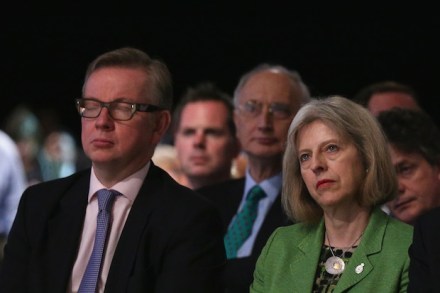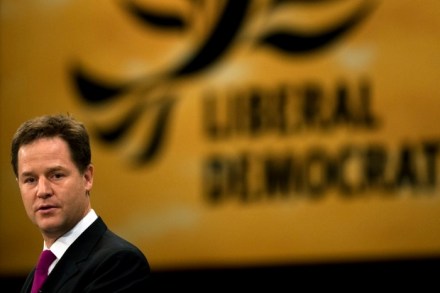David Cameron has let the extremism row go on – and Labour go on the attack
Yvette Cooper has been granted an urgent question on the extremism row at 2.30 today in the Commons, focusing on the conduct of ministers within government. The Shadow Home Secretary is doing her job, making ministers uncomfortable by summoning them to the Commons to answer a question on whether they have broken the ministerial code. But it’s impressive that the row was left to spin out for long enough for Cooper to manage to make an intervention at all. The dispute between Gove and May made Wednesday’s front pages, but it wasn’t until Saturday that Labour decided to launch its two-pronged attack from Cooper and Tristram Hunt. Cooper argued that




















